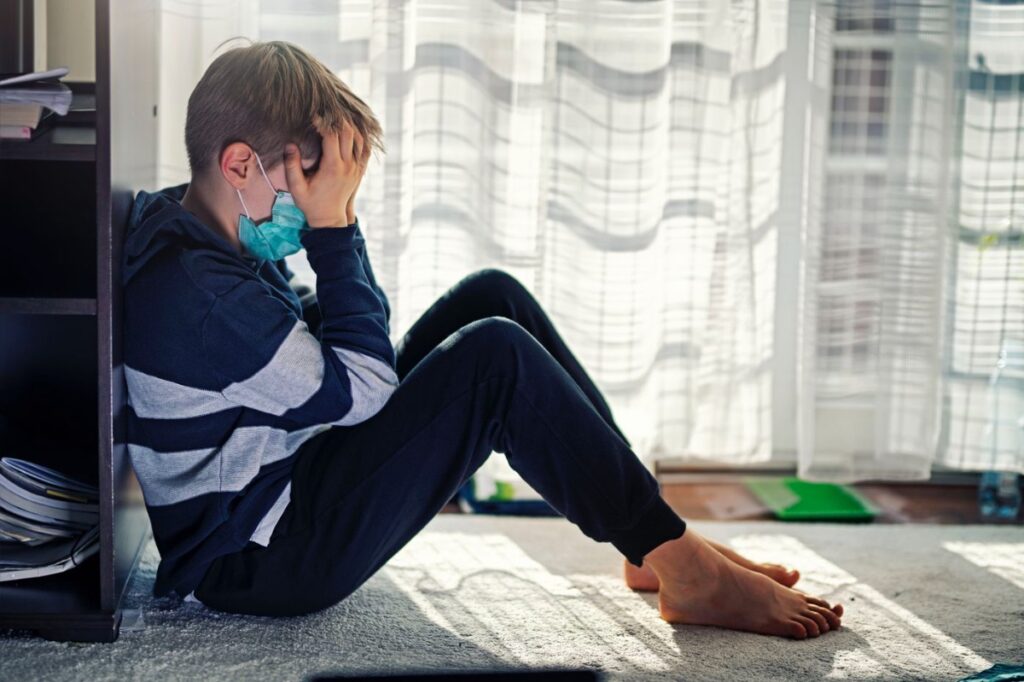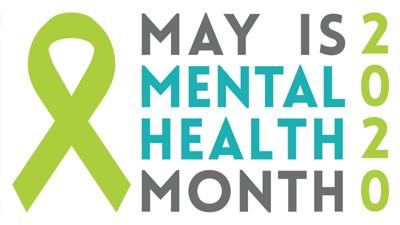Teenage social media use and mental health has received a great deal of attention and scrutiny. However, a recent large-scale study also links social media use and depression among adults. We’re experiencing a mental health crisis where one-third of adults in the U.S. are depressed according to an October study. This number is up from 8.5% before the pandemic. For this recent research over 5000 adults’ social media habits were studied for one year. Adults using FaceBook, SnapChat, Instagram and TikTok with an average age of 56 were substantially more likely to report depression. It’s no surprise social media use has increased during the pandemic. Experts agree our brains were not meant for this type of interpersonal interaction. Social media has hijacked the need for socializing with something artificial and insufficient.














